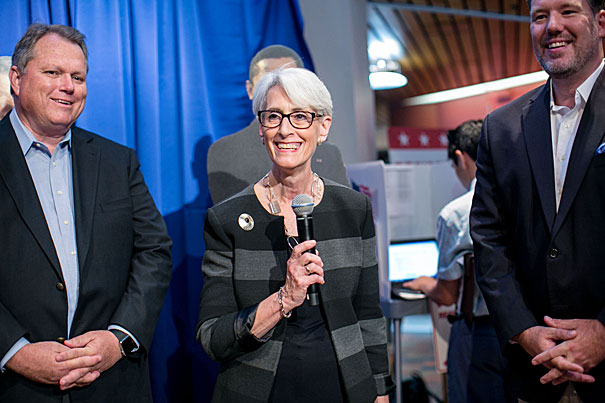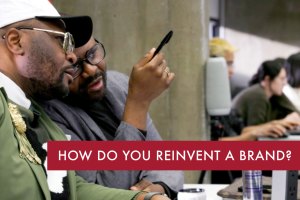Nation & World
-

Worried about how AI may affect foreign policy? You should be.
Experts discuss vulnerabilities, need for oversight of tech development, regulation
-
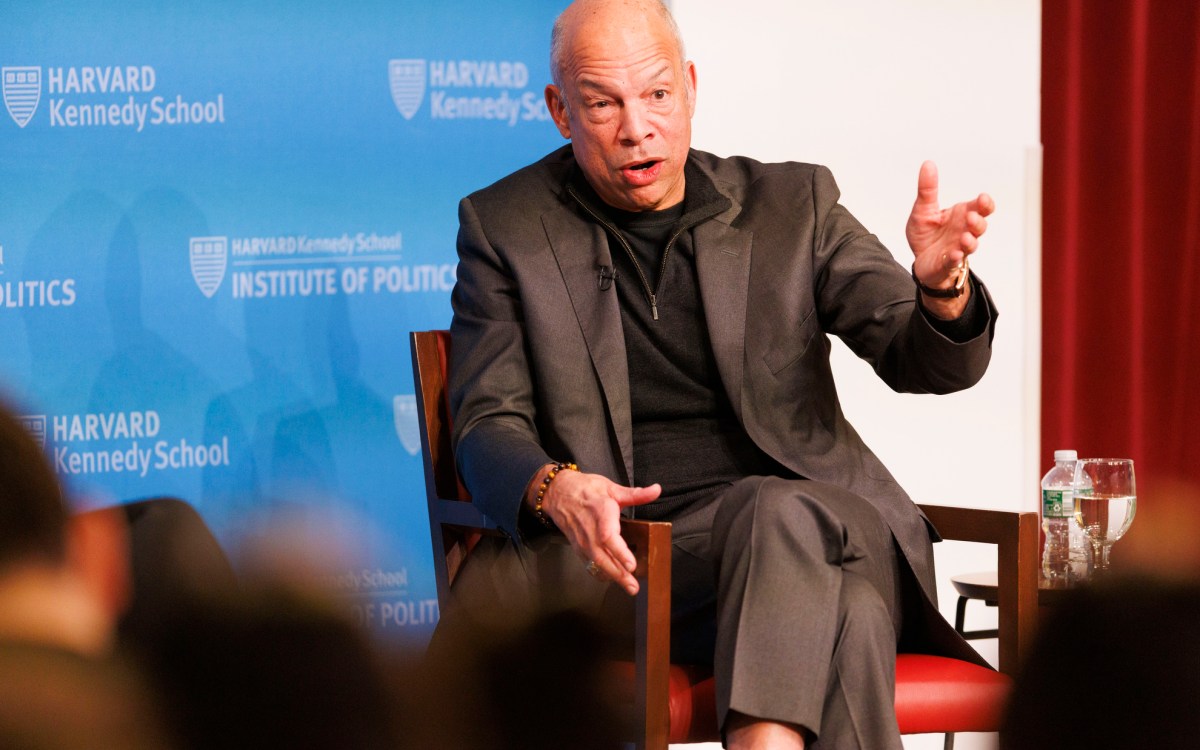
Border security isn’t really the problem
Former Homeland Security Secretary Jeh Johnson says current backlash is owing to cloudy mission, aggressive tactics
-
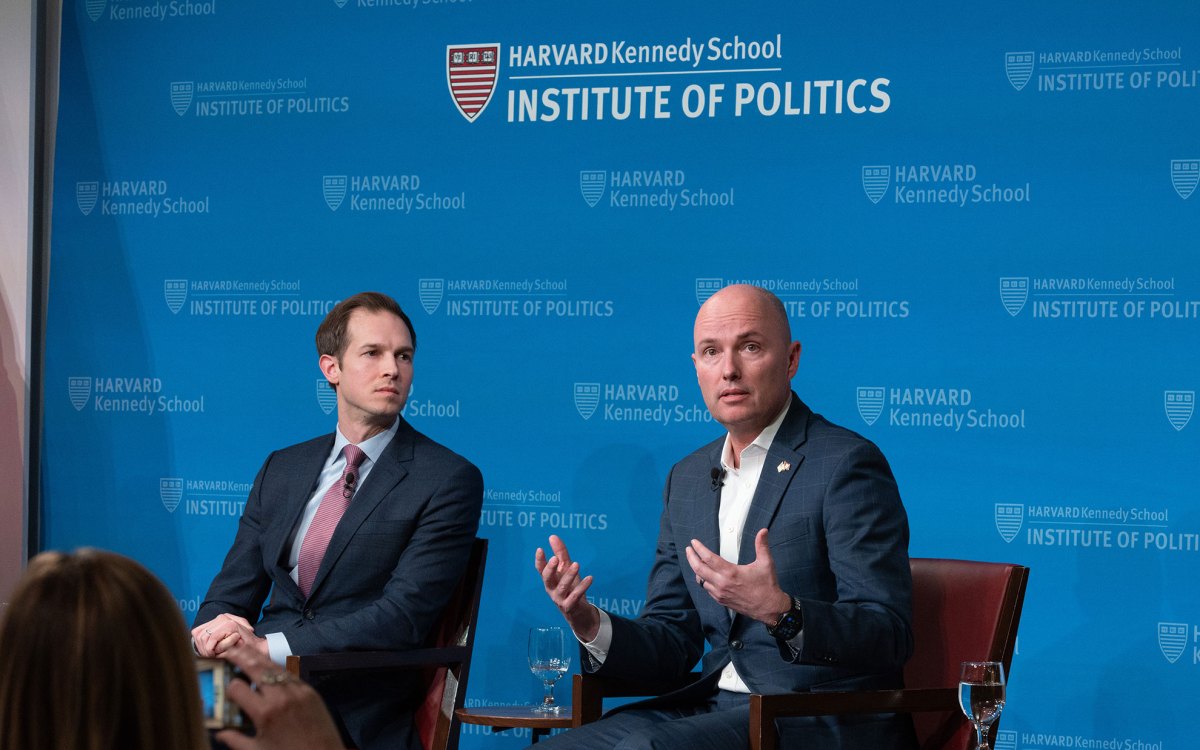
A start in bridging divisiveness: Rein in social media
Republican Utah governor, Democrat U.S. congressman find common cause
-
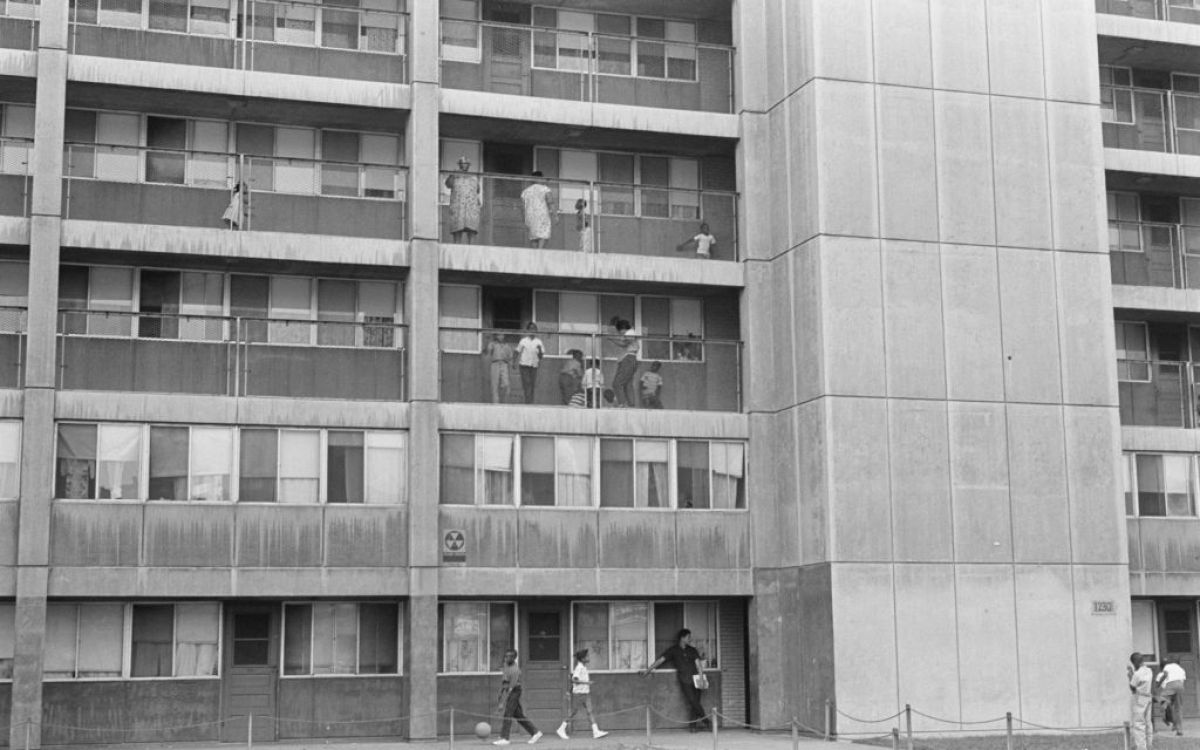
How design of public housing can lift future prospects of children
New research builds upon previous work that focused on moving families from high-poverty areas, broadening social milieu of young
-
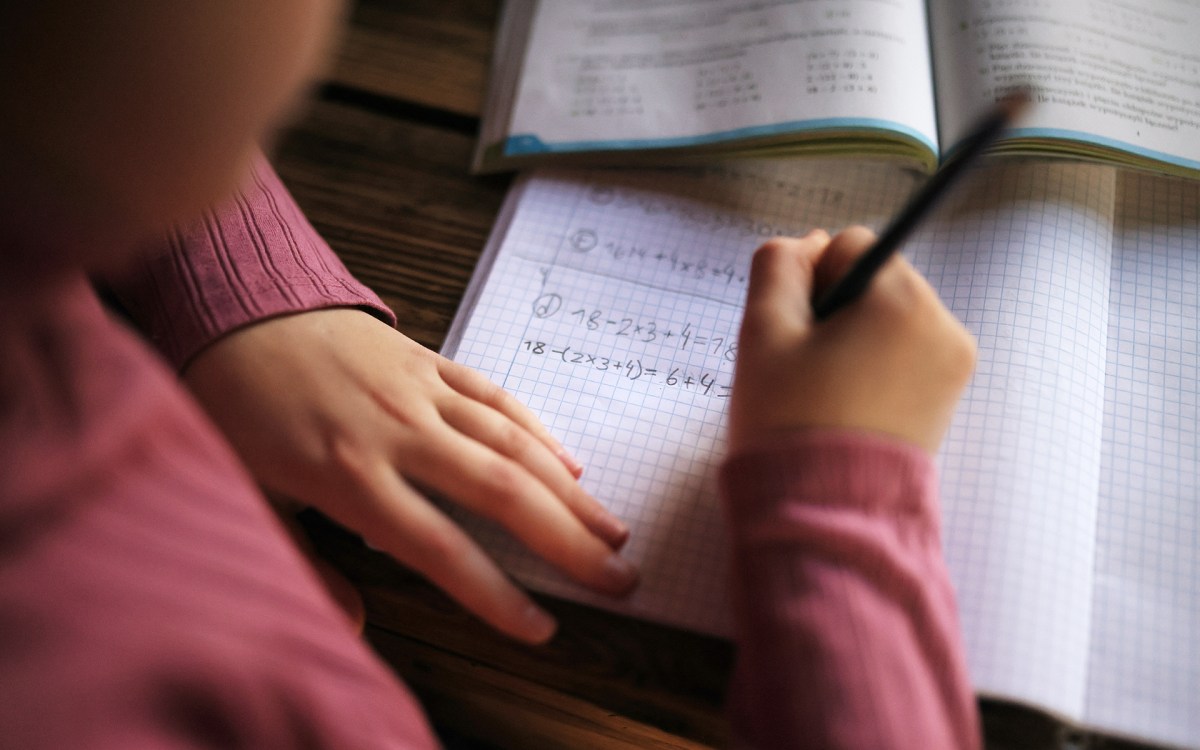
How to help lift slumping American math scores
Scholars see solutions in classroom creativity, higher teacher pay — and attendance
-
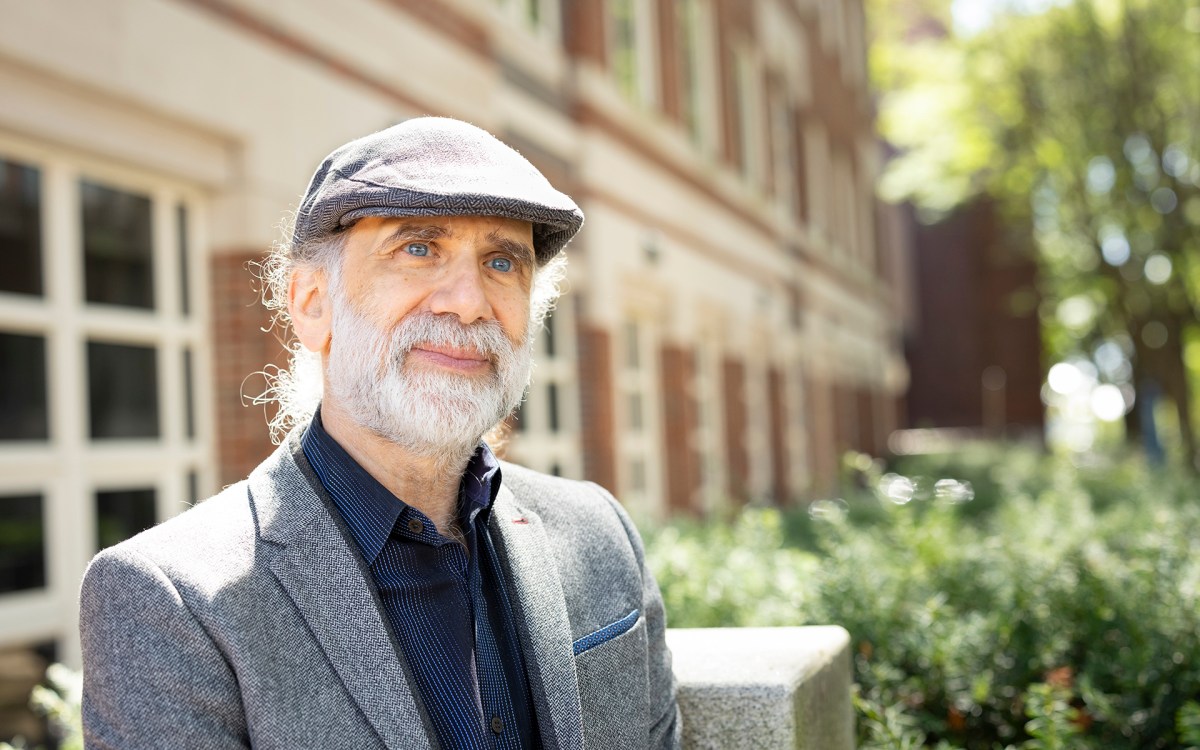
What if we used AI to strengthen democracy?
Surveillance, control, propaganda aren’t the only options, says security technologist
-
With attacks, ISIS now a global worry
During a pair of interviews, Harvard Kennedy School analysts weigh in on the deadly and shocking terrorist attacks believed orchestrated by the Islamic State in Paris and Beirut.
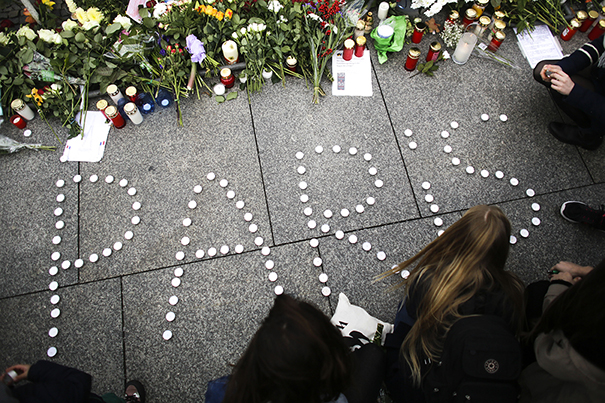
-
Background on Black Lives Matter
Four Harvard professors speak about the historical background of the Black Lives Matter movement.
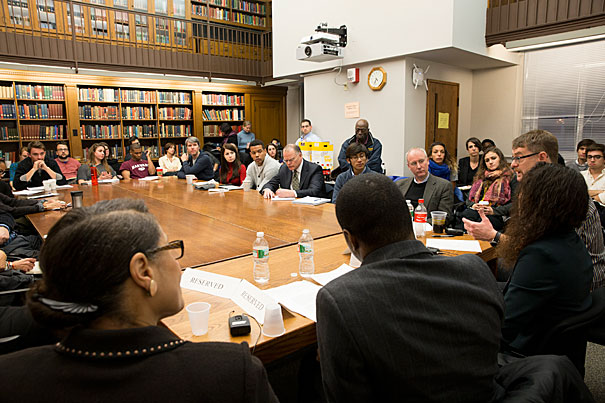
-
An academic reality show
Online course ‘PredictionX’ brings together faculty from across the University to discuss the human need to know the future.
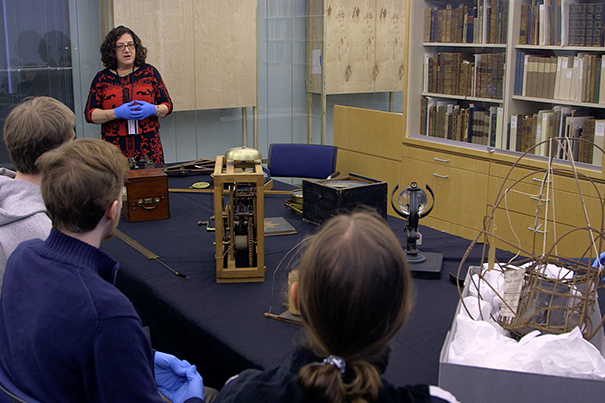
-
A call to build on differences
Promoting a global society that celebrates both its common humanity and its differences is the antidote to the world’s deepening divisions, the Aga Khan — the worldwide spiritual leader of Shia Ismaili Muslims — said in a visit to Harvard Thursday.
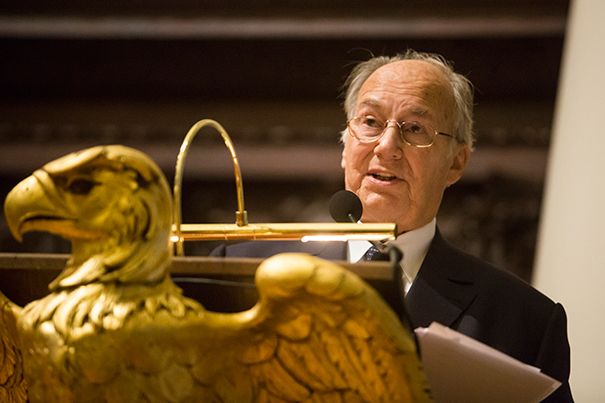
-
What’s past is prologue
Celebrated author and journalist Ta-Nehisi Coates discussed how U.S. policy on criminal justice today is still deeply enmeshed with the nation’s fraught racial legacy.
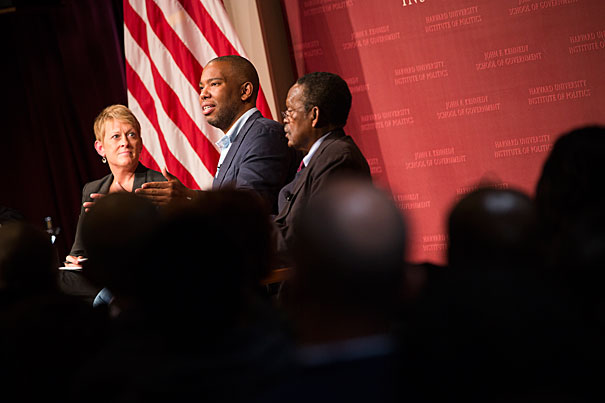
-
Agreeing to disagree
Associate Justice Stephen Breyer discusses the dynamics on the Supreme Court, his role and view on sentencing reform and Citizens United, and how American democracy is strengthened by our understanding of the legal thinking of other nations.

-
Playing without rules
Eugen Dimant, who studies corruption in sports, discusses the implications of charges on Monday by the World Anti-Doping Agency that Russia has a massive, state-run doping operation in its athletic programs.

-
Making government work
Kennedy School initiative takes an unconventional, holistic approach to researching, designing, and implementing policy around international development.

-
Using law to protect veterans
Fifteen active-duty or veteran soldiers have matriculated at Harvard Law School this year. Among them is Anne Stark, who commanded a company that was responsible for the daily operations of a 500-soldier battalion.
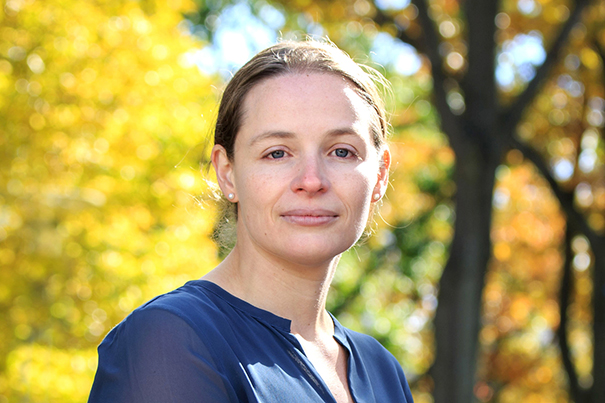
-
Coffee with a cause
Kennedy School student Andy Agaba has created a startup that he hopes will translate coffee’s popularity into support for African farmers.
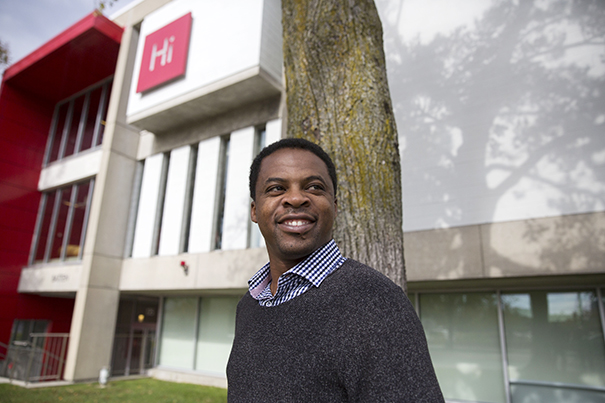
-
For growth, look to Africa
African economies fared better than those in many regions during the global financial crisis and, despite the current slow worldwide growth, many firms there continue to grow more quickly than those in industrialized nations, according to the former president of the African Development Bank, Donald Kaberuka.
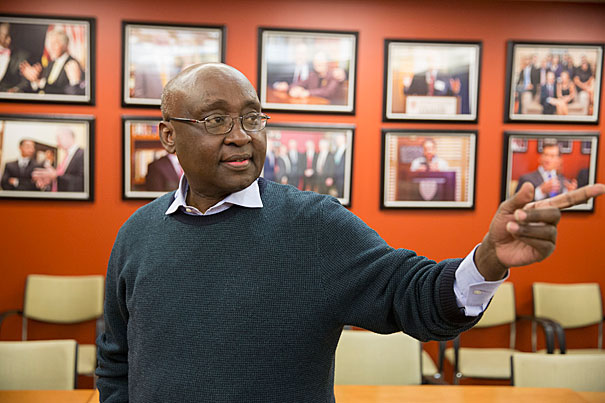
-
On MOOCs and more
Provost Alan Garber issues a white paper on digital and residential education at Harvard.
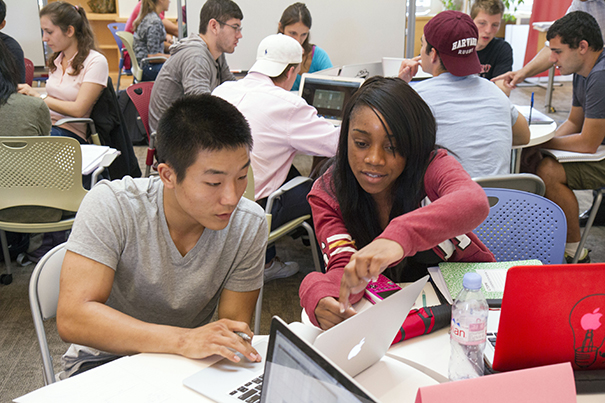
-
Battling religious illiteracy
A Q&A with Professor Ali Asani, in advance of a visit to Harvard by religious leader Aga Khan, probes the worldwide erosion of pluralism when it comes to respecting beliefs.
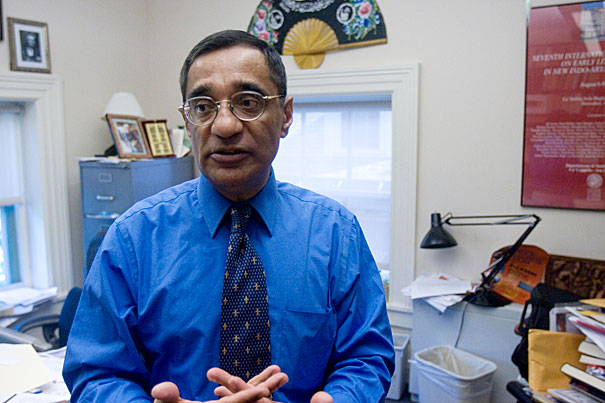
-
For HUD, much done, more to do
During a conference in Atlanta, Harvard President Drew Faust, U.S. Secretary of Housing and Urban Development Julian Castro, and others discussed half a century of efforts to battle inequality in housing.

-
An inside view from Powell, complete with regrets
Retired four-star general and former Secretary of State Colin L. Powell expanded on the “intensely human experience” of high-level negotiations in a conversation at HLS.
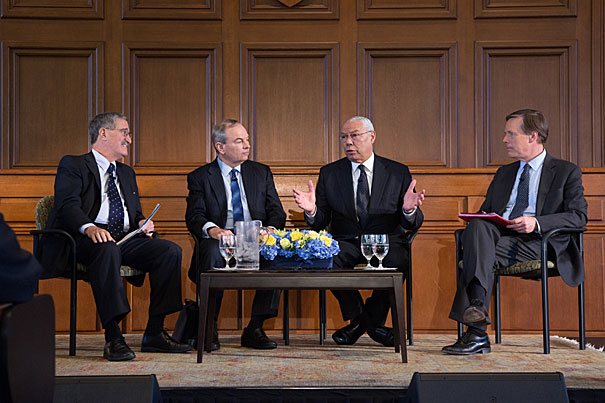
-
Harvard backs diverse campus communities
Arguing for the freedom of colleges and universities to continue to use a well-rounded admissions process that considers the whole person to build diverse campus communities, Harvard University has filed an amicus brief with the U.S. Supreme Court in the case of Fisher v. University of Texas at Austin.
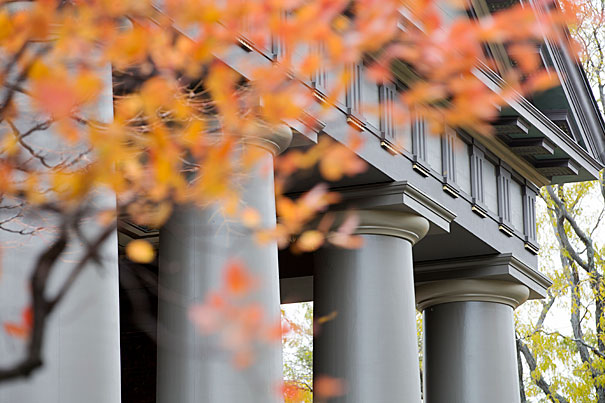
-
The path to profits in Africa
Africa’s richest man shared the story of how he transformed a company with four cement trucks into a continent-spanning conglomerate, during a session organized by the Harvard Center for African Studies.
-
School testing a mixed bag, study says
HGSE researcher finds mixed results among students in Texas schools in the 1990s: Some did better, and others were worse off.
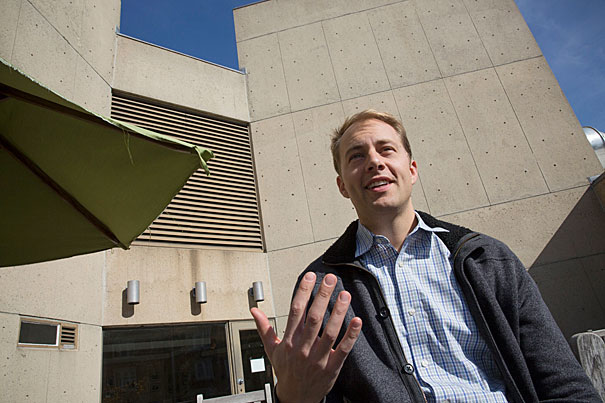
-
‘Free the Law’ will provide open access to all
A collaboration between Harvard Law School and Ravel Law has created a program called “Free the Law,” which will make American law open and publicly available to anyone with Internet access for the first time in history.
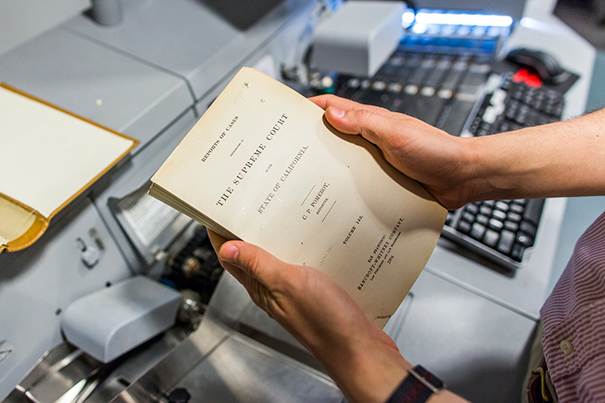
-
Experts share ideas on the future university
A conference on future universities suggested that building them successfully will require meeting campus needs, online connections, and community concerns.
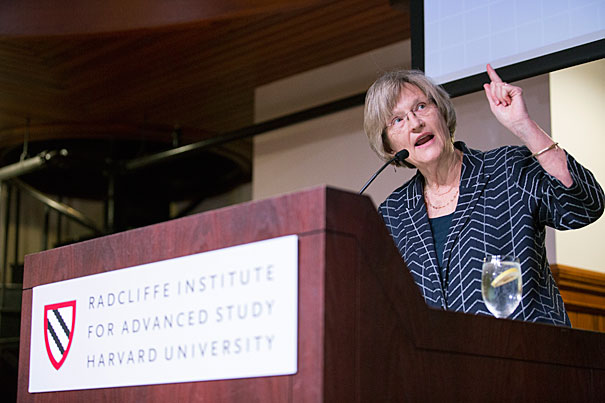
-
Torture through a viewfinder
A new photo exhibit at Harvard Law School depicts the Syrian government’s brutality toward civilians, organizers say, and raises calls for legal and political remedies.

-
Independent mind
A former justice in Guatemala, now a Scholar at Risk, says that a lack of judicial independence creates fertile ground for corruption.
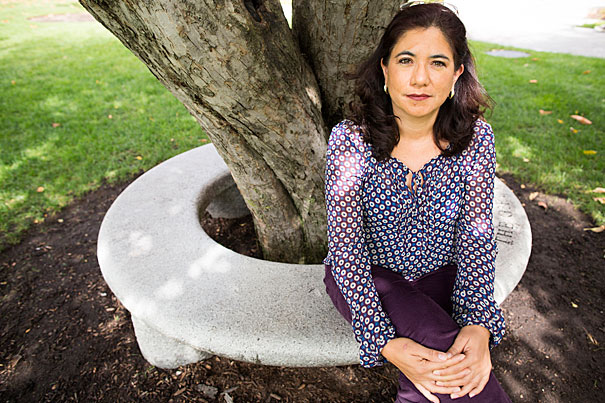
-
Kennedy assails prison shortcomings
During an appearance at Harvard Law School, U.S. Supreme Court Justice Anthony Kennedy criticized the shortcomings of the American prison system, citing its “ongoing injustice.”
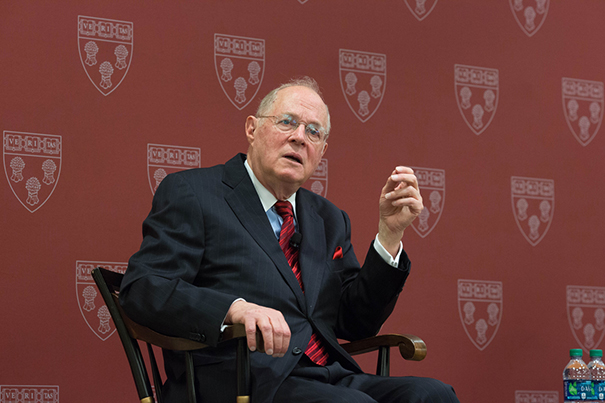
-
Faust: Step up on climate change
At a State Department forum, Harvard President Drew Faust says that universities have a responsibility to play a key role in developing solutions to climate-change issues.
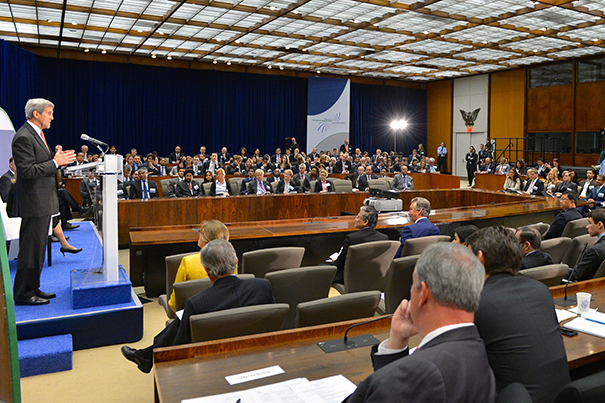
-
Facing ‘the challenge of our generation’
Secretary of State John Kerry discussed the array of foreign policy challenges facing the United States, speaking with the Harvard Kennedy School’s Graham Allison.
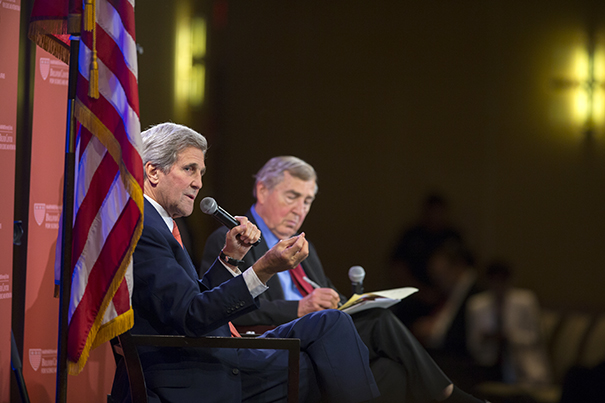
-
Marianne Williamson brings spirituality to politics
Marianne Williamson, the internationally acclaimed spiritual leader, will discuss the moral evolution of America, starting from its founding, in her talk “On Consciousness, Spirituality, and Politics in America” at Harvard Divinity School on Oct. 14.
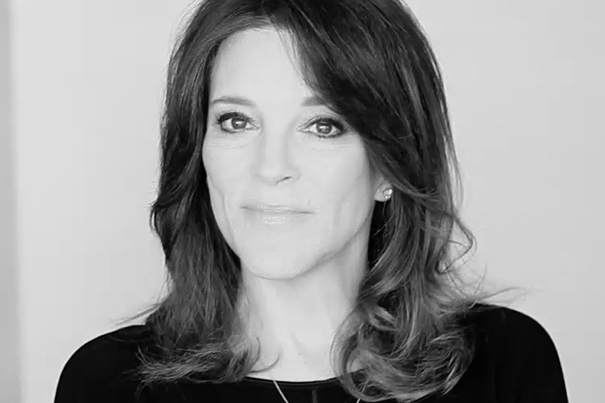
-
Once the honeymoon is over
“What Should We Do After ‘I Do’?: Conversations on the Challenges that Remain for the LGBTQ Community” focused on the future of a diverse movement. The conference was co-sponsored by the Harvard Gender & Sexuality Caucus and the Harvard Alumni Association.
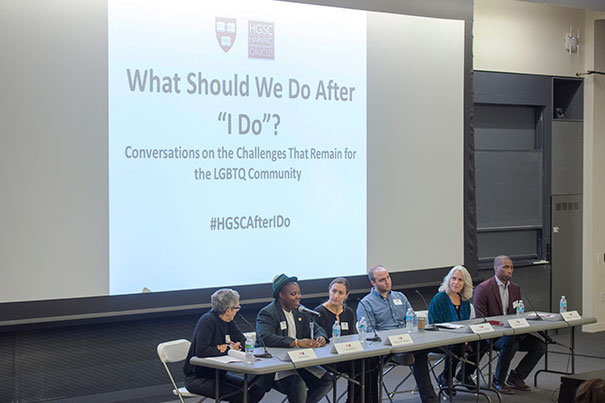
-
Matching policy to power of addiction
The crisis in heroin addiction has mobilized law enforcement, public health officials, and scholars to push for substantial changes to drug policy.
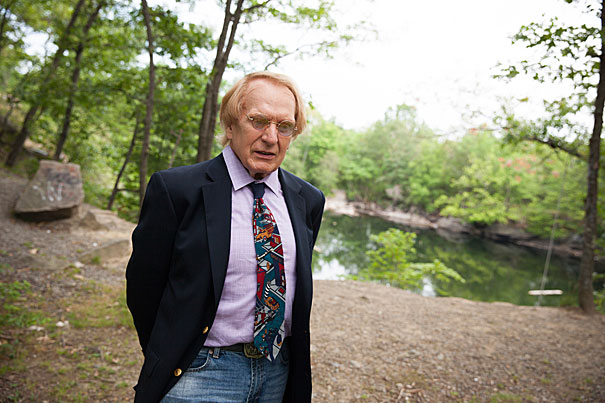
-
The spirituality of Africa
Though larger religions have made big inroads, African spirituality, a belief system based in openness and adaptation, endures, says Harvard religion professor Jacob Olupona.
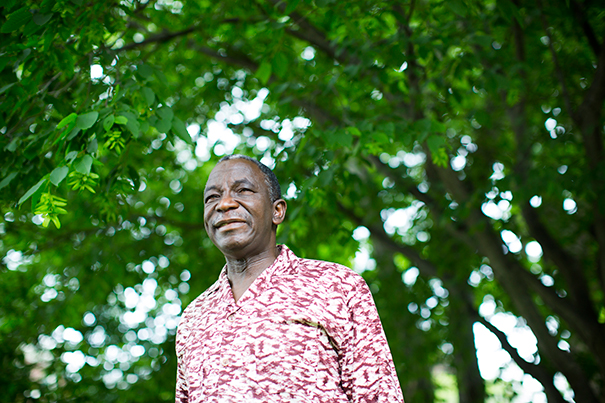
-
Inside the Iran nuclear deal
Former Ambassador Wendy Sherman, who led the U.S. negotiating team that struck the landmark nuclear agreement with Iran, reflects on her work and what it takes to succeed in the field of high-stakes diplomacy.
